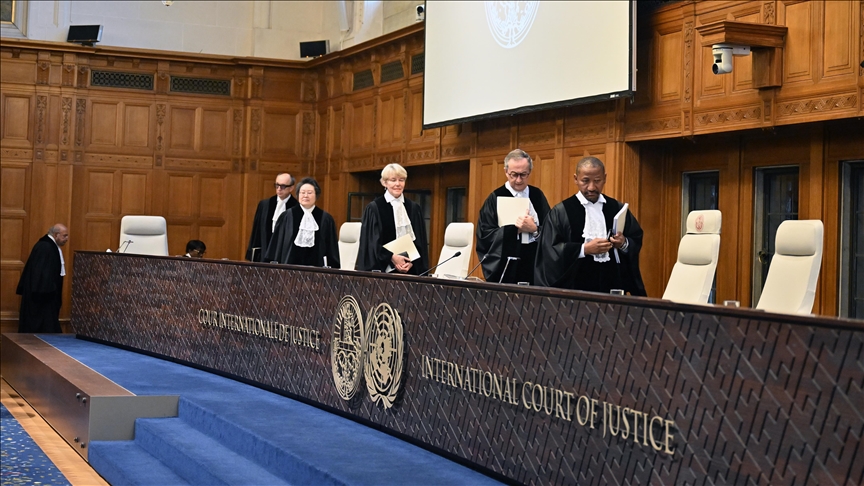The International Court of Justice (ICJ) has issued a binding order requiring Israel, as Gaza’s occupying power, to guarantee the population’s access to food, water, and medical care, amid a rapidly deteriorating humanitarian situation. The ruling, reported by Al Jazeera, reinforces the legal and moral obligations of occupying forces under international law.
The decision comes as the World Health Organization estimates that over 15,000 Palestinians urgently need medical evacuation, yet the Rafah crossing remains closed despite a declared ceasefire. Hospitals continue to face crippling shortages of electricity and essential medicine, with aid convoys stalled at border points.
At the same time, the United Nations is urging Israel to restore humanitarian access and enable the resumption of UNRWA operations, which have been severely disrupted. The agency, responsible for education, health, and relief services in Gaza, has been a critical lifeline for millions now trapped under siege conditions.
Diplomatic observers say the ICJ’s intervention represents both a legal milestone and a political test. While the Court’s rulings are binding, their enforcement depends on the willingness of states and international institutions to exert pressure—a delicate balance between humanitarian imperatives and geopolitical alignments.
Humanitarian agencies warn that failure to comply could push Gaza into irreversible collapse. “The crisis has moved beyond shortages—it’s now about survival,” a senior relief coordinator told reporters in Geneva. “The moral weight of this ruling is immense. The question is whether it will translate into real action on the ground.”
Why it matters:
The ICJ’s ruling places renewed scrutiny on the responsibilities of occupying powers, signaling a pivotal moment for international humanitarian law. Beyond Gaza, it redefines accountability standards for nations engaged in prolonged conflicts where civilian welfare is at stake.
What to watch:
Whether aid corridors reopen, medical evacuations proceed, and UNRWA resumes full operations will determine the credibility of global institutions and the durability of the ceasefire. The coming weeks will reveal whether moral authority can still shape political action in one of the world’s most polarizing crises.
